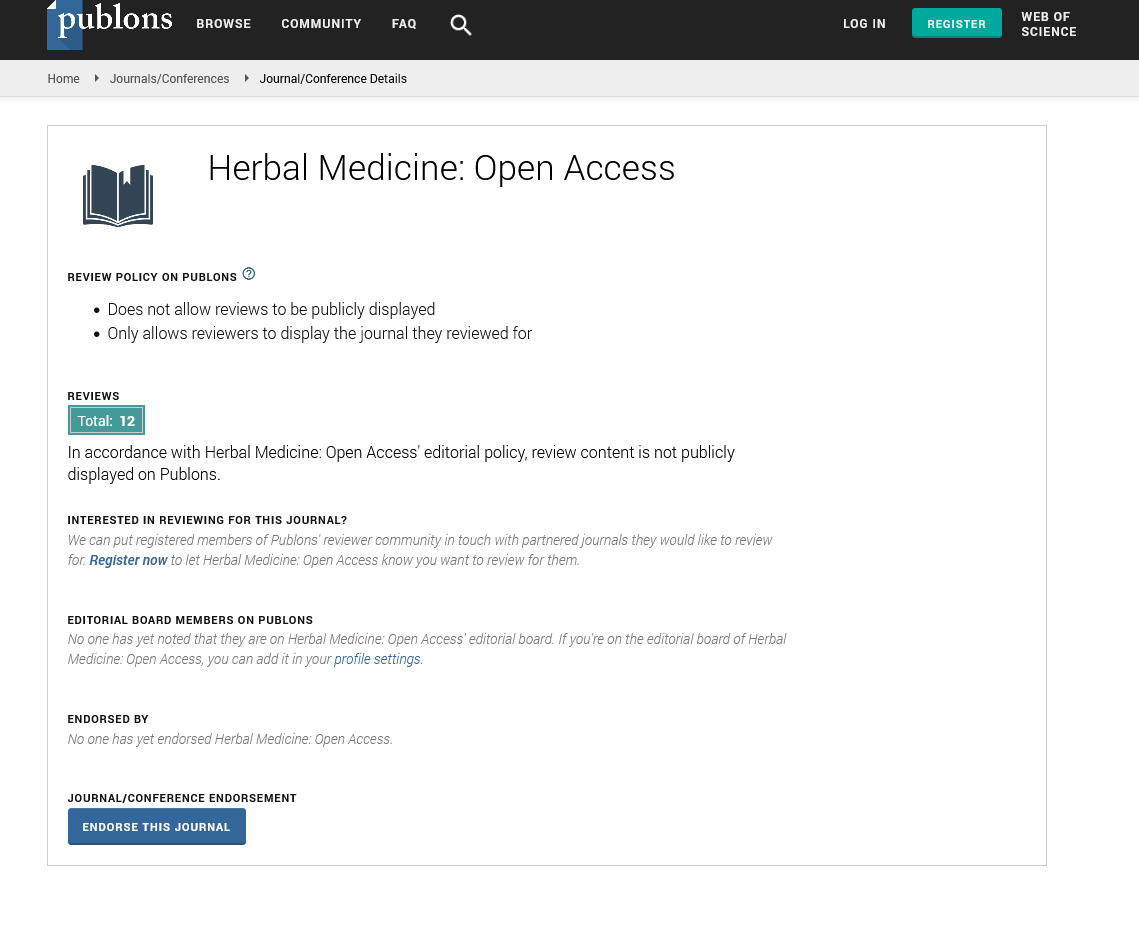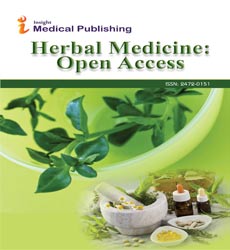Abstract
Ameliorative effect of quercetin on sodium azide induced Alzheimer�??s disease in rats: possible involvement of PPAR-ó agonistic property
This study investigates the protective role of Quercetin in Sodium azide induced Alzheimer’s disease. Moreover, the role of PPAR-γ in Quercetin mediated protection has been explored. Donepezil served as the positive control in the study. Rat administered i.p. injection of SAZ. The Morris Water Maze (MWM) test was employed for assessment of learning and memory. Various biochemical estimations, namely brain acetylcholinesterase (AChE) activity, Thiobatbituric acid reactive species (TBARS) activity, nitrite/nitrate activity, reduced glutathione (GSH) levels and myeloperoxidase (MPO) activity were also performed. The study showed that i.p. SAZ significantly impaired learning and memory of the animals along with a significant enhancement in brain AChE, MPO, TBARS, nitrite/nitrate levels and reduction in brain GSH levels. Treatments of Quercetin/ Donepezil significantly attenuated SAZ induced behavioral and biochemical changes. Pre- treatment with bisphenol-A-diglycidyl ether (BADGE), a selective PPAR-γ antagnost, significantly abolished the beneficial effect of Quercetin in i.p. SAZ treated animals. The results of this investigation document a potential role of PPAR-γ in the beneficial effects of Quercetin in i.p. SAZ Alzheimer’s disease.
Author(s):
Atul Kabra
Abstract | PDF
Share this

Google scholar citation report
Citations : 271
Herbal Medicine: Open Access received 271 citations as per google scholar report
Herbal Medicine: Open Access peer review process verified at publons
Abstracted/Indexed in
- Google Scholar
- JournalTOCs
- China National Knowledge Infrastructure (CNKI)
- Directory of Research Journal Indexing (DRJI)
- WorldCat
- Publons
- Secret Search Engine Labs
- Zenodo
Open Access Journals
- Aquaculture & Veterinary Science
- Chemistry & Chemical Sciences
- Clinical Sciences
- Engineering
- General Science
- Genetics & Molecular Biology
- Health Care & Nursing
- Immunology & Microbiology
- Materials Science
- Mathematics & Physics
- Medical Sciences
- Neurology & Psychiatry
- Oncology & Cancer Science
- Pharmaceutical Sciences


